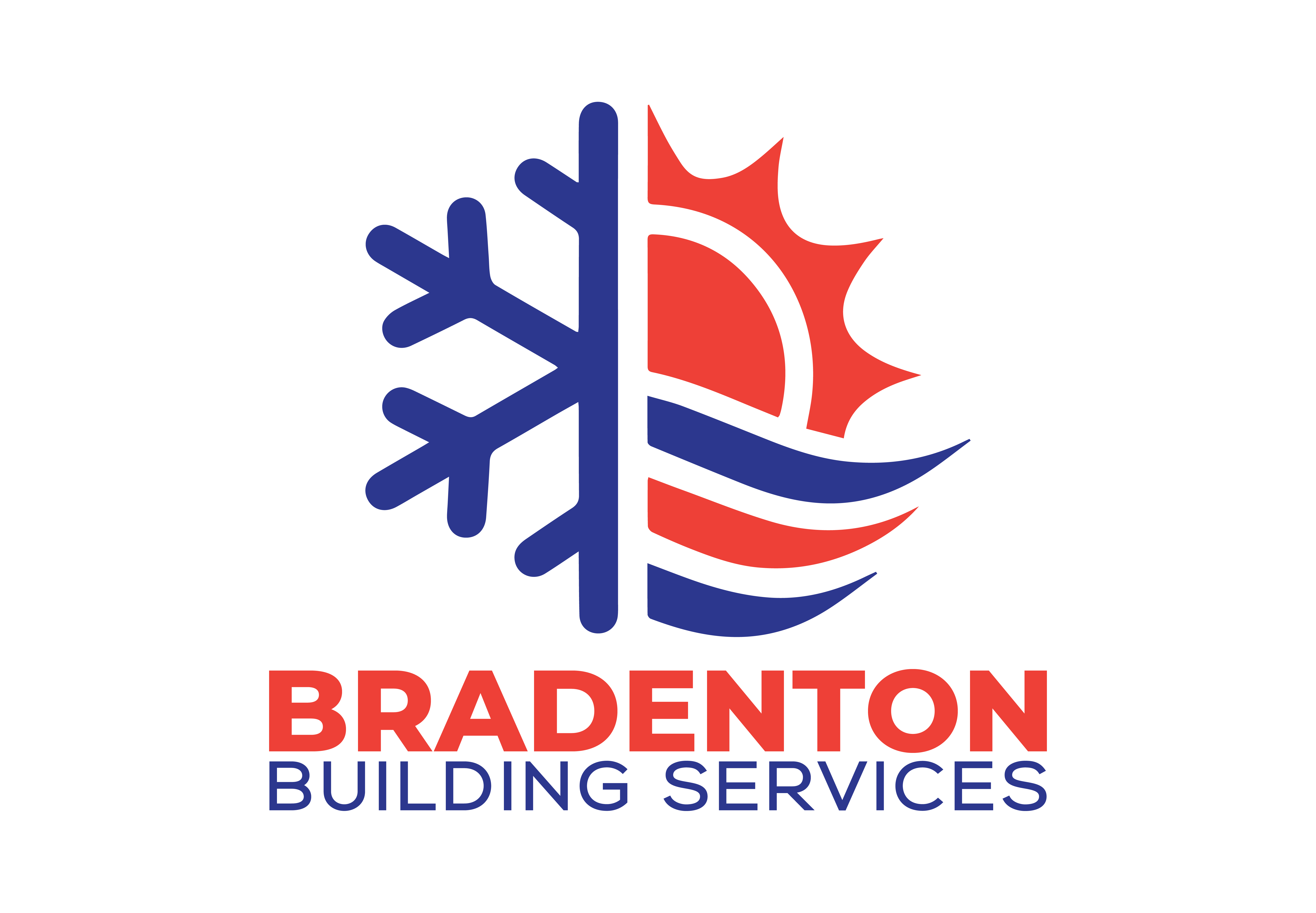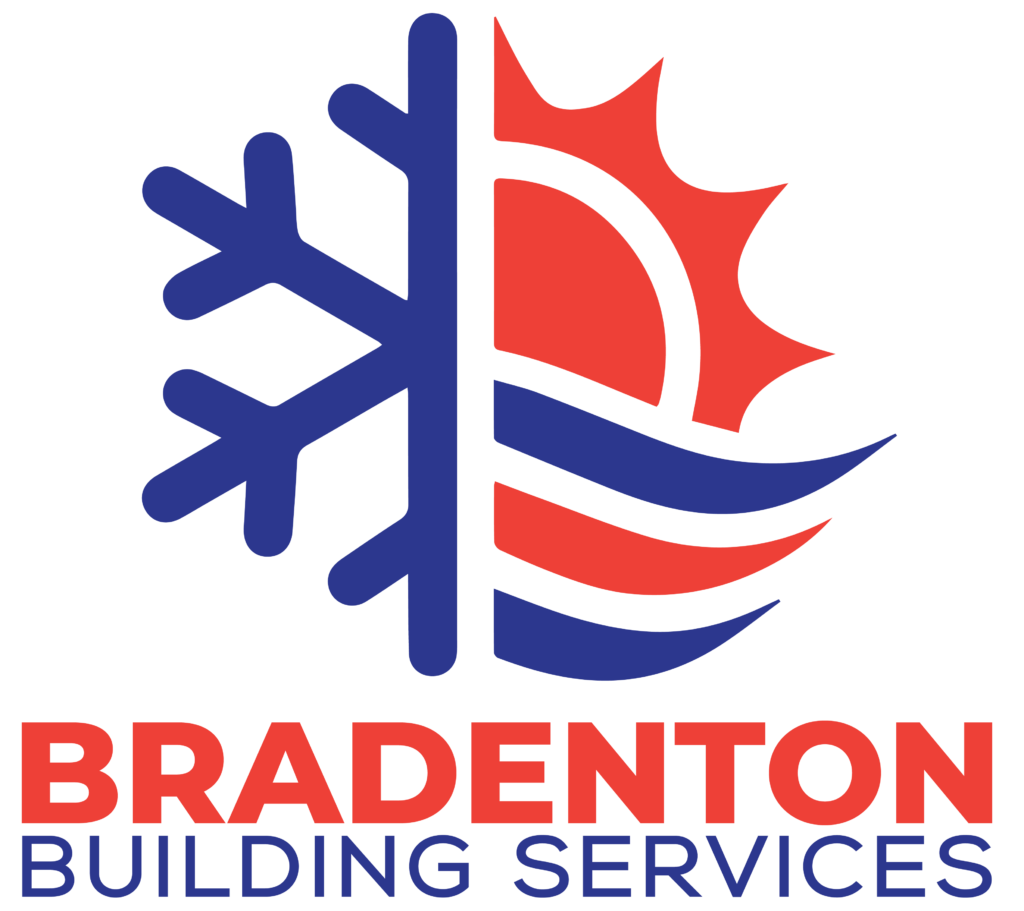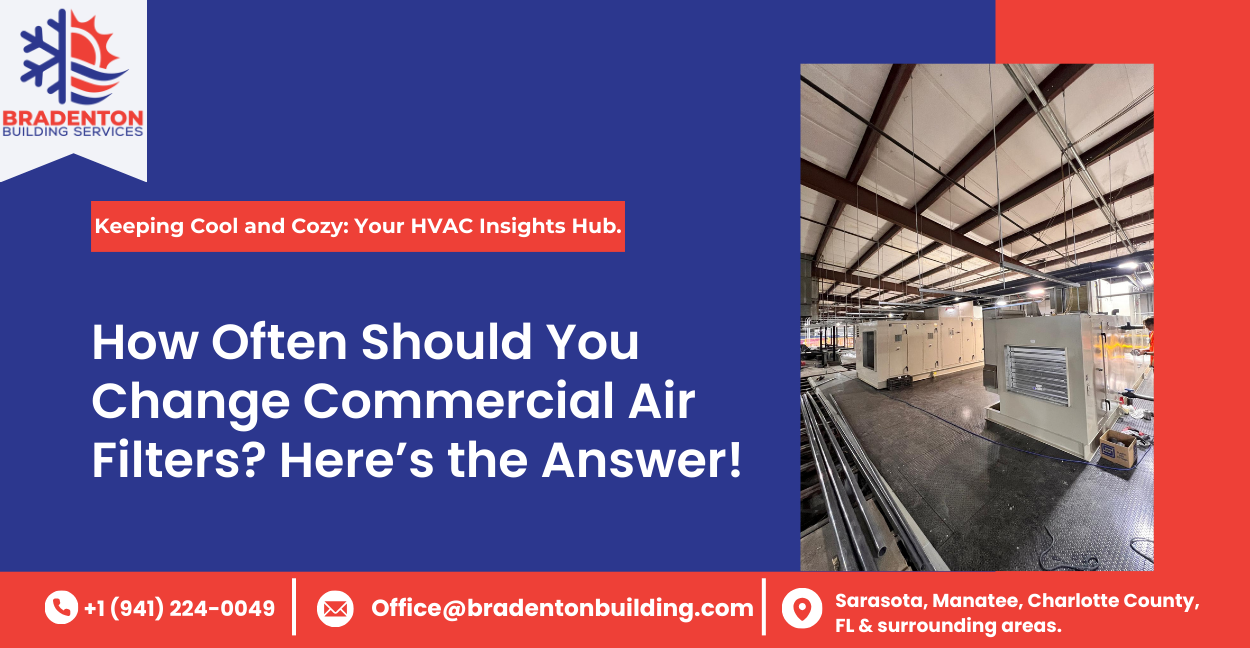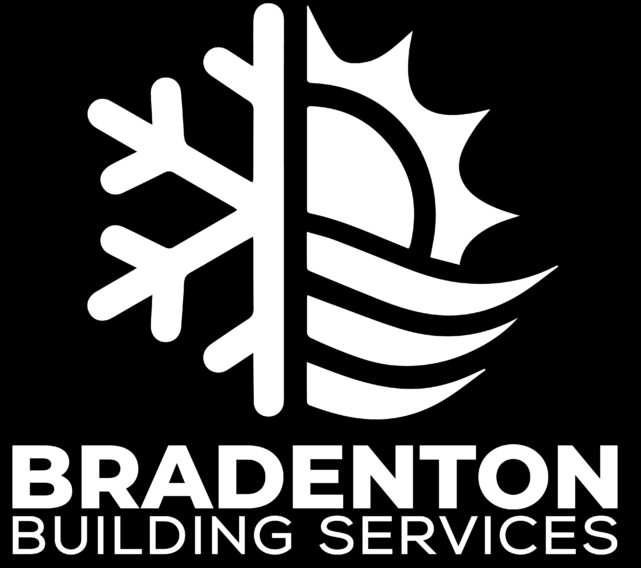When it comes to maintaining a healthy, efficient, and cost-effective HVAC system, one of the most important tasks is ensuring that your air filters are replaced regularly. Proper filter maintenance is not just about keeping the air clean, but also about enhancing system performance and avoiding costly repairs. So, how often should you change commercial air filters? This question is crucial for businesses in Manatee and Sarasota County, FL, as it directly impacts the air quality, energy efficiency, and overall lifespan of your HVAC system. In this article, we will explore the factors that influence how often air filters should be changed, the benefits of doing so, and how to recognize when it’s time for a replacement.
The Vital Role of Commercial Air Filters in Enhancing HVAC Performance and Indoor Air Quality
Commercial air filters are an indispensable component of HVAC systems, designed to trap dust, dirt, allergens, and other airborne particles. By doing so, they significantly improve indoor air quality, ensuring clean air circulates throughout the building. Additionally, these filters safeguard the internal components of the HVAC system from damage caused by accumulated debris. Without proper filtration, air quality can decline, potentially leading to health concerns for employees and customers while placing unnecessary strain on the HVAC system.
Beyond air quality, commercial air filters are pivotal in maintaining HVAC system efficiency. By filtering out airborne contaminants, they prevent dust and debris from clogging essential components like coils and fans. This proactive protection supports optimal airflow, prevents overheating, and reduces the likelihood of mechanical failures. Moreover, clean filters enable the HVAC system to operate efficiently, minimizing energy consumption and lowering operational costs.
The Importance of Regularly Changing Commercial HVAC Air Filters for Optimal Performance and Air Quality
Commercial HVAC systems are the backbone of maintaining a comfortable and healthy environment in businesses, offices, and other commercial spaces. Regularly changing the air filters in these systems is a critical maintenance task that offers significant benefits. Neglecting this responsibility can lead to inefficiencies, higher costs, and even health risks. Here’s why timely air filter replacement is essential for your commercial HVAC system:
1.) Improved Energy Efficiency
Dirty air filters restrict airflow, forcing your HVAC system to work harder to maintain the desired indoor temperature. This increased workload consumes more energy, driving up your utility bills. Regularly replacing air filters ensures optimal airflow, allowing the system to operate efficiently and reducing energy expenses.
2.) Enhanced Indoor Air Quality
Commercial spaces often experience high foot traffic, leading to increased airborne particles like dust, allergens, and pollutants. A clean air filter traps these contaminants, ensuring that the air circulating in your building is fresh and healthy. This is especially important for businesses like healthcare facilities, restaurants, or offices, where air quality directly impacts employees, customers, and visitors.
3.) Reduced Maintenance Costs
Clogged air filters allow dust and debris to accumulate on HVAC components such as coils and fans. Over time, this buildup can cause overheating, wear and tear, and system malfunctions. By replacing air filters regularly, you protect your system’s components, reducing the likelihood of costly repairs and extending the system’s lifespan.
4.) Prevention of Premature System Failure
When an HVAC system is forced to work harder due to restricted airflow, it experiences unnecessary strain, increasing the risk of breakdowns. Premature failures not only disrupt business operations but also lead to expensive emergency repairs or replacements. Changing air filters on schedule helps maintain system reliability and prevents downtime.
5.) Compliance with Health and Safety Standards
Certain industries, such as healthcare and food service, are subject to stringent health and safety regulations. Clean air filters help businesses meet these standards by ensuring proper air filtration and reducing the spread of airborne contaminants. Regular maintenance demonstrates your commitment to a safe and healthy environment.
Signs That Your Commercial Air Filter Needs Changing
Even with regular maintenance, monitoring your HVAC system for warning signs of a failing air filter is essential. Ignoring these indicators can lead to decreased system efficiency, compromised indoor air quality, and increased operational costs. Below are some key signs that it’s time to replace your commercial air filter.
1.) Reduced Airflow and Poor Air Quality
A noticeable decline in airflow is often the first sign of a clogged air filter. Restricted airflow not only reduces the efficiency of your HVAC system but also diminishes the overall comfort of your building. Employees and customers may experience stuffy air, uneven temperatures, or even an increase in allergens circulating indoors. This can directly impact productivity, health, and customer satisfaction.
2.) Increased Energy Bills
A dirty air filter forces your HVAC system to work harder to maintain proper airflow, leading to higher energy consumption. If you notice a sudden or unexplained spike in your energy bills, it’s a strong indication that your filter is overdue for replacement. Addressing this issue promptly can significantly reduce energy costs and prevent unnecessary strain on your system.
3.) Unusual Odors from the HVAC System
A musty, stale, or foul odor emanating from your HVAC system often points to mold, bacteria, or other contaminants trapped in a clogged air filter. These odors can negatively impact the perception of your business and may pose health risks to occupants. Replacing the filter not only eliminates unpleasant smells but also ensures cleaner air circulation.
4.) Dust Accumulation on Surfaces
If you’re noticing an unusual amount of dust settling on surfaces despite regular cleaning, it may be due to an ineffective air filter. When filters become saturated, they fail to trap airborne particles, allowing dust and debris to recirculate throughout the building. This not only affects cleanliness but can also exacerbate respiratory issues for occupants.
5.) The Importance of Proactive Monitoring
Being proactive in identifying these signs ensures that your HVAC system operates efficiently and maintains optimal indoor air quality. Establishing a regular inspection routine and replacing filters as needed can prevent costly repairs, extend the life of your equipment, and provide a healthier environment for your employees and customers.
How Often Should You Change Commercial Air Filters
The frequency of changing commercial air filters depends on various factors, such as the type of filter, the size of the HVAC system, the environment, and the building’s usage. Here’s a breakdown of key factors that influence how often you should replace your commercial air filters:
1.) Type of Filter
The frequency of replacing commercial air filters largely depends on the type of filter in use. Standard filters, commonly used in most commercial settings, should typically be replaced every 30-60 days. These filters are effective at trapping larger particles but may not offer the highest level of filtration. On the other hand, high-efficiency filters, such as HEPA filters, can last anywhere from 3 to 6 months due to their ability to capture smaller particles and provide superior air quality. While these filters have a longer lifespan, they still require regular checks to ensure they are performing at their best and maintaining optimal air quality.
2.) Building Usage and Occupancy
Buildings with high foot traffic, such as offices, retail stores, or gyms, tend to accumulate more dust, dirt, and airborne contaminants, which can clog air filters more quickly. As a result, these areas may require filter changes every 1 to 2 months to maintain optimal air quality and HVAC performance. Similarly, industrial or commercial spaces like warehouses, manufacturing plants, and factories, which produce higher levels of dust and debris, may need their filters replaced every 1 to 3 months. This ensures that the buildup of contaminants is minimized, helping to prevent strain on the HVAC system and ensuring it operates efficiently.
3.) Environmental Factors
Commercial buildings located in areas with high levels of outdoor pollution, near construction zones, or industrial areas often face more rapid filter clogging due to the increased levels of dust and particulate matter in the air. In these environments, filters need to be changed more frequently to maintain air quality and HVAC efficiency. Weather conditions such as dust storms or high humidity can further accelerate the accumulation of particles, making it necessary to replace filters more often. Extreme weather conditions can reduce the filter’s effectiveness, requiring closer monitoring and timely replacements to ensure optimal system performance.
4.) HVAC System Load and Operation
In large commercial buildings where the HVAC system runs continuously, the system works harder and filters more air, leading to a faster rate of filter clogging. This increased workload necessitates more frequent filter changes, typically every 1-2 months, to maintain optimal performance. Buildings with multiple HVAC zones experience higher air volume passing through the filters, further contributing to the strain on the system. The increased load from these multiple zones also requires more frequent filter replacements to ensure the HVAC system continues to function efficiently and provide quality air circulation throughout the building.
5.) Health and Air Quality Standards
In commercial buildings with stringent air quality requirements, such as hospitals or cleanrooms, air filters need to be changed more frequently to maintain high indoor air quality and prevent contamination. Regular filter replacements are crucial in these environments to ensure that the air remains free from harmful particles, bacteria, and other contaminants. In businesses where employee well-being is a priority, changing filters regularly helps to create a healthier work environment. By preventing the buildup of allergens, dust, and other airborne pollutants, businesses can reduce the risk of respiratory issues and ensure a comfortable, safe space for employees to work in.
Is it time to change your commercial air filters? Let Bradenton Building Services help you maintain a clean, efficient HVAC system. Contact us today for a consultation and improve your air quality!
FAQs
1.) How often should I replace my commercial HVAC air filter?
The frequency of replacing your commercial HVAC air filter depends on several factors, including the type of filter, the building’s environment, and the system’s usage. For standard filters, it’s generally recommended to replace them every 30-60 days, while high-efficiency filters like HEPA can last 3-6 months. However, in high-traffic areas or environments with heavy dust and pollutants, filters may need to be changed more frequently, typically every 1-2 months.
2.) What factors influence how often I need to replace my air filter?
The frequency of changing your commercial HVAC air filter depends on factors such as the type of filter, building usage, environmental conditions, and HVAC system load. Standard filters need more frequent replacement than high-efficiency ones like HEPA. High-traffic areas, extreme weather, and pollution can shorten filter life, while systems with continuous operation or multiple zones may require more frequent changes due to higher air volume and strain.
3.) How do I know when it’s time to replace my air filter?
You can identify when it’s time to replace your air filter by checking for signs such as reduced airflow, higher energy bills, or the presence of dust and dirt around vents. Additionally, if you notice a decline in indoor air quality or if the air feels stuffy, it’s an indication that the filter may be clogged and should be replaced. Regular inspections of the filter can help you stay ahead of potential issues.
4.) What happens if I don’t replace my HVAC air filter on time?
If you don’t replace your HVAC air filter on time, several problems can arise. A clogged filter forces the system to work harder, leading to higher energy costs as it consumes more power to circulate air. Additionally, poor air quality becomes a concern, as the filter fails to trap dust, allergens, and other contaminants, which can affect the health of employees and customers. Furthermore, the system may experience strain, causing wear and tear on its components, which can result in costly repairs or even premature system failure.
5.) Can I clean my air filter instead of replacing it?
While some filters, like reusable ones, can be cleaned and reused, most commercial HVAC filters are designed for single-use and should be replaced rather than cleaned. Even if a filter appears to be washable, cleaning it may not restore its original efficiency, and it could still allow contaminants to pass through. Always check the manufacturer’s guidelines to determine if cleaning is an option, but in most cases, replacing the filter is the best choice for optimal performance.
Enhance Your Commercial HVAC System with Bradenton Building Services
Looking for reliable commercial HVAC services, air quality solutions, HVAC maintenance, or air filter services in Sarasota and Manatee? Bradenton Building Services has you covered. We specialize in optimizing HVAC systems to ensure comfort, energy efficiency, and healthy air quality for your business.
Our services include:
- Commercial HVAC Services
- Air Quality and Purification Solutions
- HVAC Maintenance
- Commercial Air Filter Services
Contact us today to schedule a consultation and improve your HVAC system’s performance!




